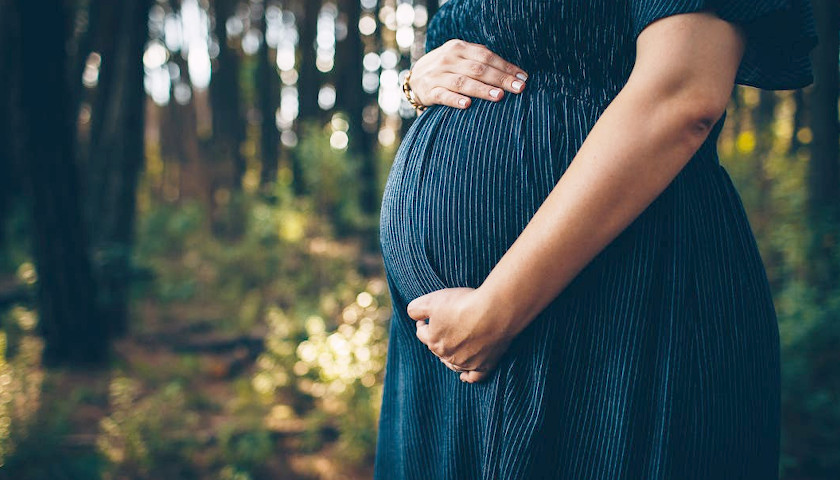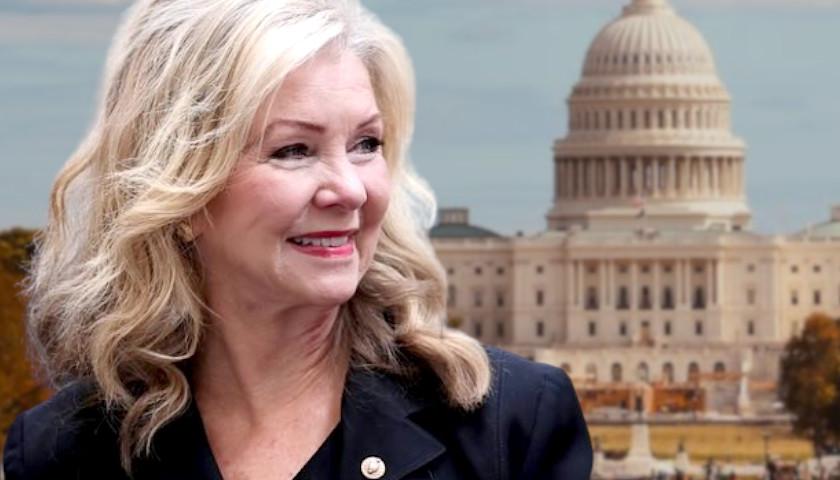Ohio’s heartbeat abortion law that bans the procedure once a fetal heartbeat can be detected was in effect soon after the U.S. Supreme Court overturned the 1973 decision in Roe v. Wade.
The state’s nine abortion clinics, six of which perform surgical abortions, are still open, however, according to a report Monday at WKSU public radio.
“Providers across the state had to scramble to cancel patient appointments,” Gabriel Mann, communications director at Pro-Choice Ohio said.
“They turned away patients and forced them to go out-of-state for the abortion care they needed,” he said, adding the clinics are terminating pregnancies to the maximum legal limit.
A fetal heartbeat can generally be detected at six weeks’ gestation. Prior to the Supreme Court’s decision to overturn Roe and the lifting of the injunction against Ohio’s heartbeat law, abortions were legal in the state up until 20 weeks’ gestation.
Kellie Copeland, the abortion rights organization’s executive director, said the group is assisting women with funds to travel to Michigan, Pennsylvania, Virginia, and Illinois so they can end their pregnancies.
Following the release of the High Court’s decision Friday in Dobbs v. Jackson Women’s Health Organization, Ohio Attorney General Dave Yost filed a motion to end a federal court’s injunction against the Ohio heartbeat law that had passed the state legislature in 2019.
BREAKING: We filed a motion in federal court moments ago to dissolve the injunction against Ohio’s Heartbeat Law, which had been based on the the now-overruled precedents of Roe and Casey. pic.twitter.com/4TTYv8jeU2
— Attorney General Dave Yost (@DaveYostOH) June 24, 2022
“Because there exists no just reason for delay, Defendants respectfully request this Court immediately dissolve this preliminary injunction and dismiss this case,” the motion states. “Indeed, the State of Ohio will be irreparably harmed by any delay whatsoever.”
Judge Michael Barrett of U.S. District Court for the Southern District of Ohio subsequently lifted the preliminary injunction that had blocked enforcement of the heartbeat law.
Gov. Mike DeWine (R) then signed an executive order permitting the Ohio Department of Health to immediately adopt the rules established in the bill.
“Even though Ohioans may disagree with each other on the issue of abortion, I do believe that there is common ground and essential goals that Ohioans share when it comes to children and families,” DeWine said following the release of the Dobbs decision.
“I believe that all Ohioans want this state to be the most pro-family, pro-child state in the country, and we are making great progress in creating an environment here in Ohio where families and children can thrive and live up to their full potential,” the governor added.
– – –
Susan Berry, PhD, is national education editor at The Star News Network. Email tips to [email protected].





